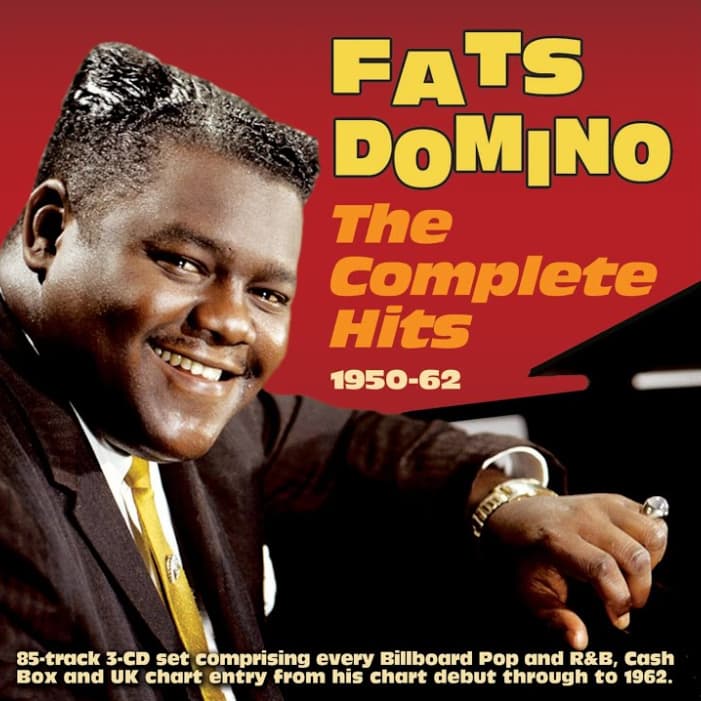
A Melancholy Nocturne of Lost Love and Solitude
Oh, to be transported back to a simpler time, when a low-fi, mournful blues shuffle could capture the universal ache of a lonely night. We’re talking about Fats Domino’s timeless lament, “Every Night About This Time,” a crucial early piece in the foundation of the rock and roll edifice, released in September 1950 on Imperial Records as the B-side to “Korea Blues” (though some early issues had it as the A-side). Crucially, this magnificent track didn’t just grace the airwaves; it ascended to Number 5 on the Billboard R&B chart in November 1950, securing a position for nine weeks and marking another significant step in the ascent of a New Orleans legend. It later found a home on his 1957 album, Here Stands Fats Domino.
The brilliance of “Every Night About This Time” lies in its deceptively simple musical structure and its profoundly emotional core. This record is historically significant because it introduced the world to the signature sound of Fats Domino’s influential piano triplets—that lilting, cascading rhythm that would become his hallmark and an essential ingredient in the New Orleans R&B and early rock and roll recipe. This rhythmic figure, a slow-dancing, almost hypnotic pattern, provided the soulful backdrop for countless ballads in the decade that followed, influencing a generation of musicians.
Lyrically, the song is a direct and heartfelt expression of loss and the relentless rhythm of memory. It speaks to the shared experience of anyone who has ever missed a departed loved one—a sweetheart, a partner, a friend—at a specific, inescapable hour. For the narrator, it’s “every night about this time” that the loneliness, the aching emptiness, sets in. The hour acts as a cruel, precise trigger for the pain of separation: “You left me here alone / Now I don’t know what to do.” It’s a tale drawn from the well of everyday folk experiences, as Domino himself often said his songs were inspired by real-life events.
What makes this track resonate so deeply, especially with those of us who carry a few more years and a richer tapestry of memories, is the palpable nostalgia embedded in the sound. It’s the sound of a jukebox corner booth on a rainy night, the clinking of glasses, and a heart too heavy for a fast tune. Fats Domino’s delivery is intimate, his voice a warm, slightly mournful counterpoint to the steady, comforting throb of the rhythm section, led by the incomparable Dave Bartholomew. The record is a masterclass in mood, a beautiful example of how New Orleans piano blues seamlessly transitioned into the R&B era, carrying all the melancholy and beauty of the Crescent City with it.
It’s more than just a song; it’s a moment frozen in time, a reminder that the pain of separation is as old as time itself, and that sometimes, the only solace is to play the memory on repeat.